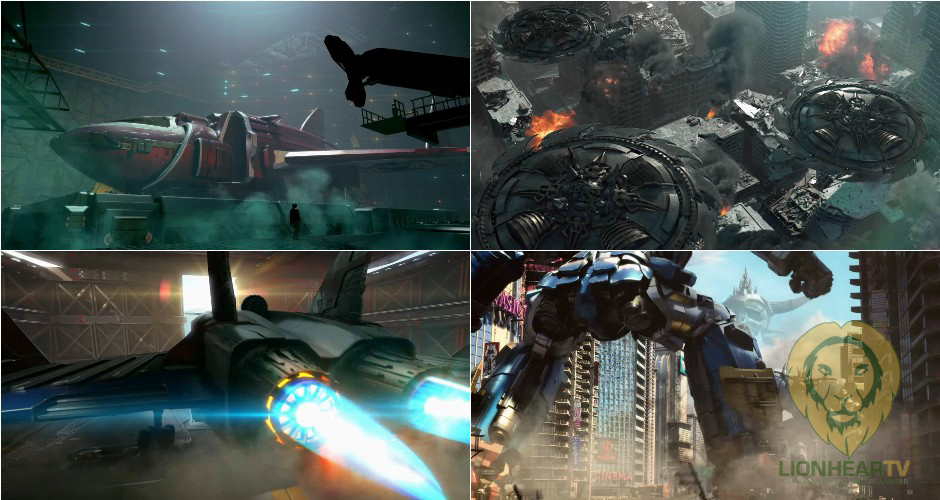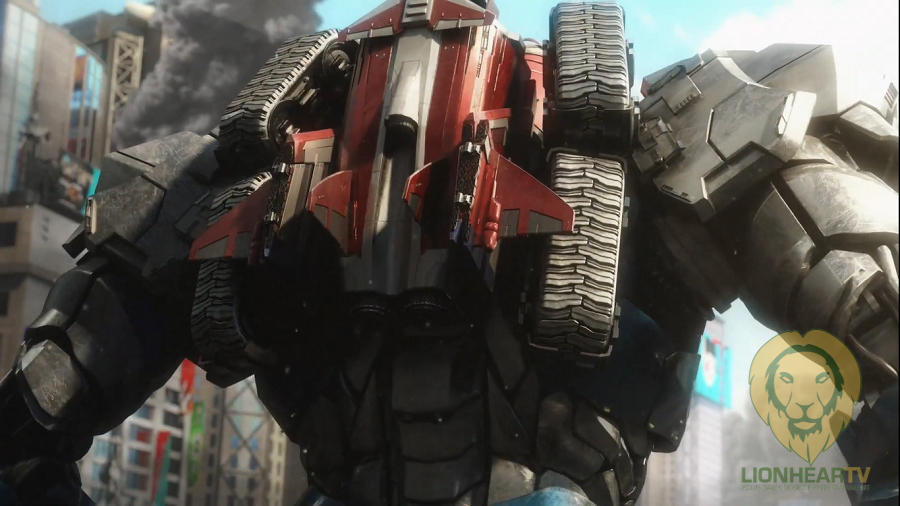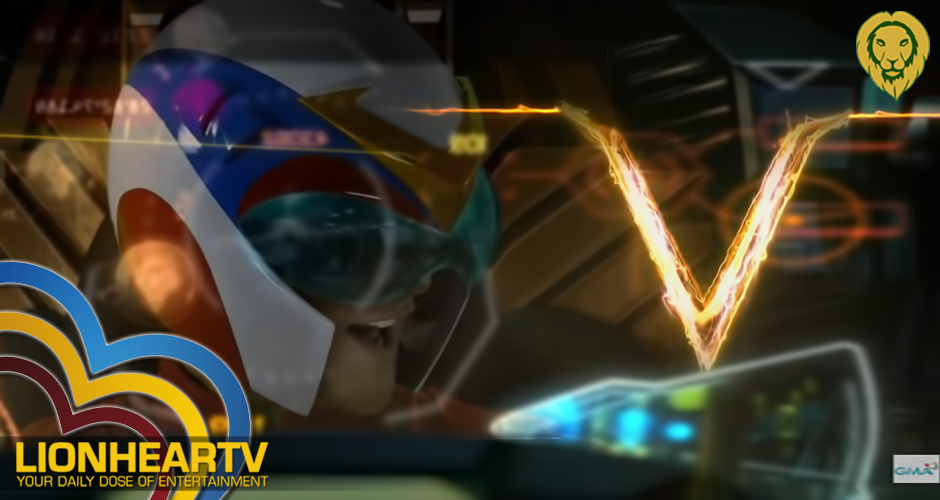Voltes V was among the three anime’ programs—the other being, Daimos, and Mazinger Z—that was banned in the Philippines during the Martial Law. Its cancellation is widely speculated to be due to its underlying themes that encourage rebellion, which the administration of then President of the Philippines, Ferdinand Marcos was obviously trying to avoid.
Many historians who wrote about the regime strongly suggest the ‘super robot’s massive influence that ultimately led to the fall of the Marcoses in the mid-’80s.

In the 70s, mecha animes found a thriving audience market in the Philippines. Long before the new decade arrived, animes were already among the top-rating TV programs among Filipino households.The Marcos government took a particular interest in the rating magnet, Voltes V, which the government declared full of ‘excessive violence’. The observation led to Marcos’ signing and giving a directive on banning the airing of Voltes V. Two other similarly-themed anime titles did not escape the move. However, it angered viewers, who later on led the charge against the Marcos dictatorship.
Many historians suggested that petitions to cancel the show from some Filipino parent-groups were among the precursor to the show’s eventual cancellation. There were also suggestions that a religious women’s organization was the primary culprit, and being heavily influenced by President Marcos into signing the directive. A certain Polly Cayetano led the campaign to ban anime’ programs for being too violent’.
The fear of the government over resistance growing among Filipinos sounded a better argument and merits.

Most fans of the original Voltes V—who are most likely in their 50’s, now may have missed it; but those who took part in the resistance against the Marcos regime took the cues.
The alien race, Bozanians, the tyrannic Emperor Zanzibar, the nefarious Prince Zardos were all taken for their symbolic representations of the Marcos dictatorship.
For any keen observer, these clues were hard to miss. The viewers saw the unraveling of Voltes V characters as human representations. It has somewhat ignited a revolutionary movement. It ultimately ended the Martial Law and toppled down its authors.
The crafting of this article is not about the upcoming live-adaptation reboot. However, since the series is around the corner–talking about it might be ideal.
GMA Network is not likely to allow the show to have the same socio-political undertones as the original 70’s anime carried out. To speculate, it attempts to promote the show about super robots and about the five unassuming young pilots who once sparked a resistance movement and a revolution.

It sounded like an indelible imprint that every adaptation—or reboot for that matter—will never succeed in erasing.
However, what symbolism GMA Network would want the show to deliver when it finally premieres sometime this year. The Kapuso Network re-aired the 70s classic in 1998.

